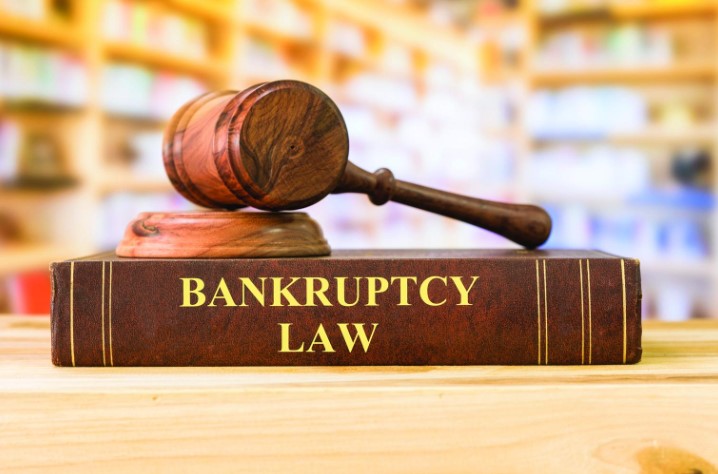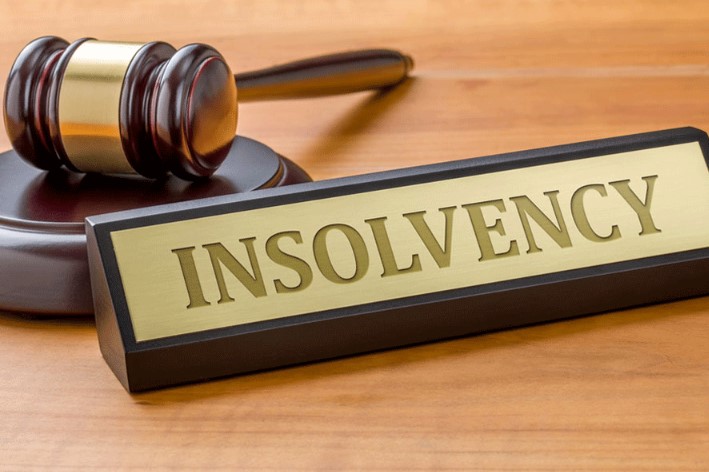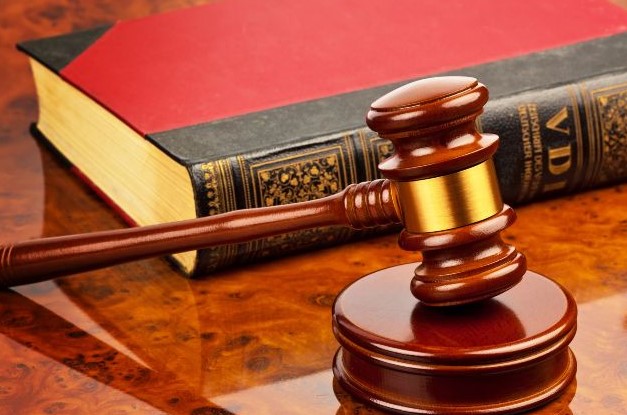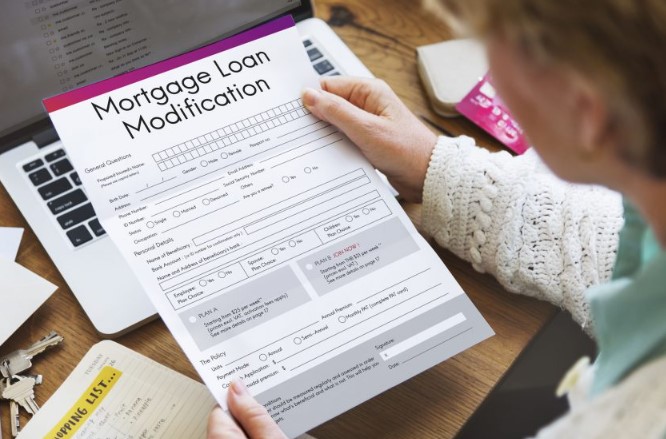U.S. Supreme Court spurns attorney-client privilege fight in crypto tax probe

Jan 23 (Reuters) – The U.S. Supreme Court docket on Monday threw out a case about the scope of lawyer-consumer privilege involving a law firm’s bid to withhold information from prosecutors relevant to a cryptocurrency-advertising and marketing shopper in a tax investigation.
The unsigned just one-sentence ruling “dismissed as improvidently granted” an attraction by an unnamed legislation organization of court docket orders keeping it in contempt for not turning over records connected to a single of its clientele in response to a federal grand jury subpoena.
The justices did so only two months following hearing arguments in the case. Numerous of the specifics of the scenario are unclear, as the names of the law agency and client have been stored from the community history in the course of the usually secretive grand jury probe.
According to courtroom papers, the law business specializes in international tax difficulties and advised a shopper the U.S. Division of Justice says was an early promoter of bitcoin who expatriated himself from the United States in 2014.
The regulation organization suggests it well prepared the client’s tax returns and also supplied lawful assistance on how to establish possession of cryptocurrency belongings and price them.
In reaction to a grand jury subpoena searching for information linked to the preparation of the client’s tax returns, the company made above 20,000 webpages of documents but withheld many others, citing attorney-shopper privilege.
When a court ordered it to turn about about 54 other folks, it resisted. Those documents, the organization claimed, were being “twin-function” communications that contained lawful information as nicely as non-legal, assistance concerning the preparing of its tax returns.
But the San Francisco-primarily based 9th U.S. Circuit Court docket of Appeals upheld the decreased-courtroom judge in saying lawful assistance had to be the “principal” reason of the communication to qualify for lawyer-consumer privilege.
That ruling was at odds with what some other federal appeals courts have ruled in related conditions, and quite a few lawyers’ groups like the American Bar Association filed briefs urging the justices to adopt a additional expansive typical for privilege.
Throughout arguments on Jan. 9, some justices questioned why the 9th Circuit’s typical was incorrect, with liberal Justice Sonia Sotomayor noting that “the vast vast majority of states use the main objective check.”
Liberal Justice Elena Kagan pointed out that no federal appeals court until 2014 had advised a different common need to implement. She jokingly questioned a attorney for the regulation company to comment on “the historical authorized theory of ‘if it ain’t broke, don’t repair it.’
Reporting by Nate Raymond in Boston modifying by Jonathan Oatis
Our Requirements: The Thomson Reuters Trust Rules.







